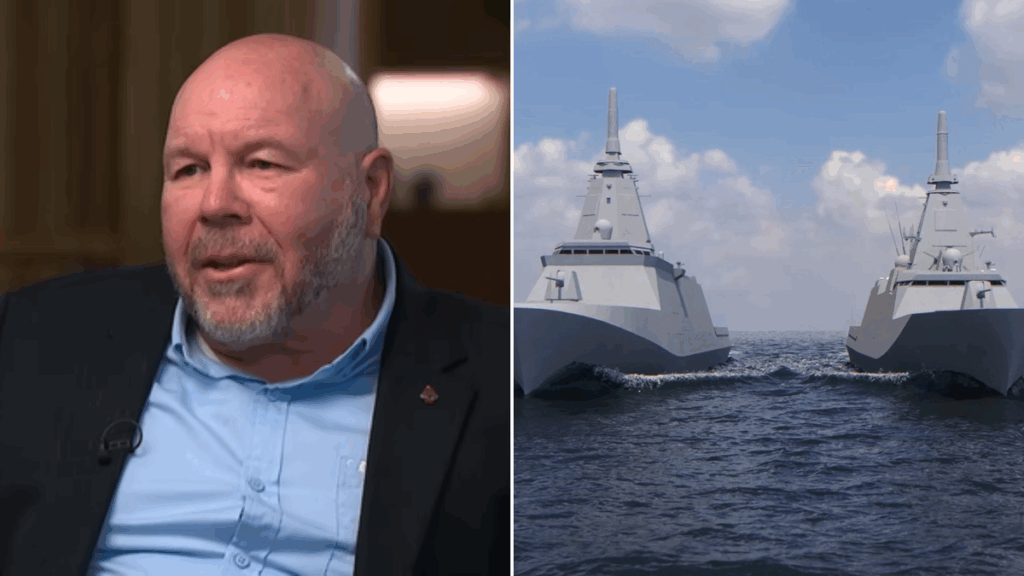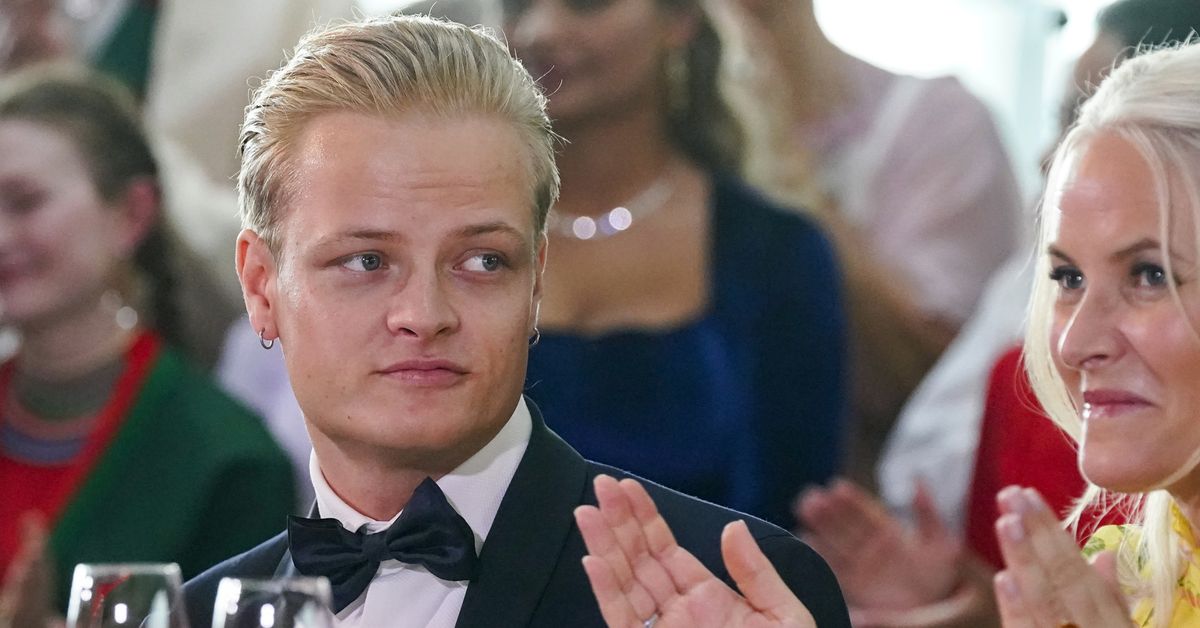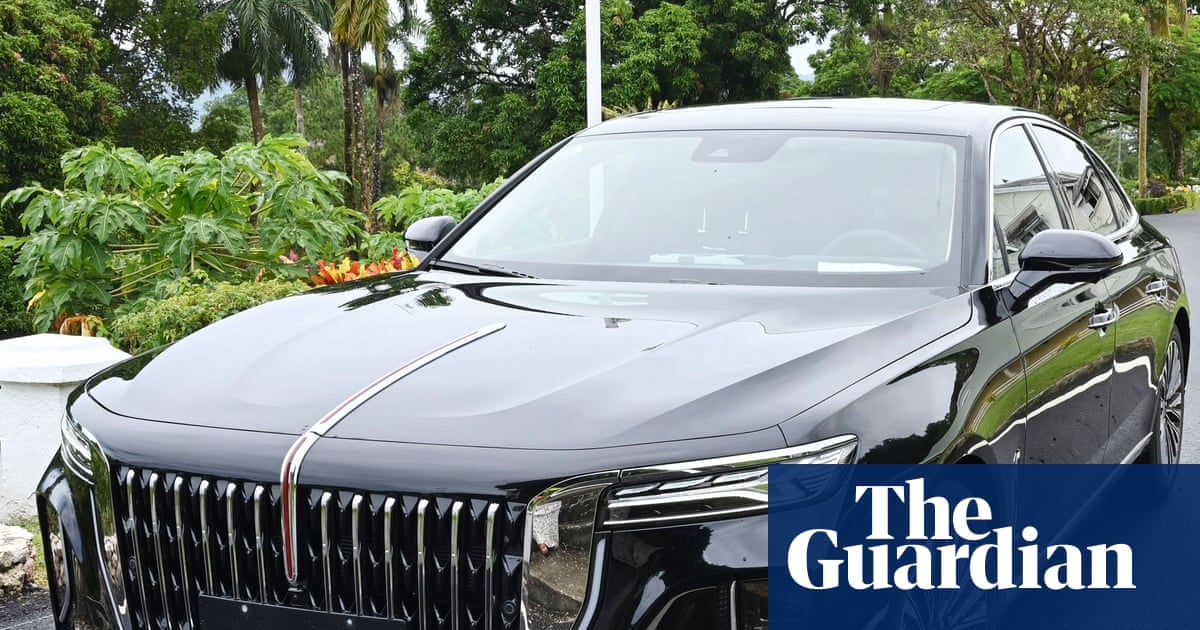
For John Powers, a former US intelligence agent and special forces soldier, reaching a conclusion about Australia’s defense strategy is no easy task. “Australia is a strategic liability because of the waning capabilities that we have,” Powers remarked in a recent interview. His insights come at a critical juncture in the defense relationship between Australia and its key ally, the United States.
Powers, now a dual citizen residing in Australia, possesses a wealth of experience that spans four decades, including roles as a US special forces soldier, brigade task force commander, and military intelligence specialist. His perspective adds weight to the ongoing debate about Australia’s defense spending and military preparedness.
Defense Spending and Strategic Alliances
According to Powers, Australia’s defense capabilities have not kept pace with those of the United States. “We have not manned and equipped and sustained our military, our ADF, so that it can keep pace materially and capability-wise with the United States,” he told 7NEWS. This assessment aligns with the position of US Defense Secretary Pete Hegseth, who urged Australia to increase its defense budget to 3.5% of its gross domestic product during a meeting with Defense Minister Richard Marles in late May.
Powers’ critique is not without merit. His extensive military background includes planning operations that consistently involved Australian forces. “When we would put together plans, we would start with Australia,” he said. “We’d always start to figure out how can we get the Aussies into the fray because when it comes to just grit and mettle and the intangibles of being a reliable soldier, sailor, airman … you could not have a better ally.”
China, Port of Darwin, and Intelligence Opportunities
On the topic of China’s influence in the region, Powers offers a nuanced view. He dismisses concerns over a Chinese-owned company’s 99-year lease of the Port of Darwin as overblown. “I don’t think it’s that big of a deal,” he stated. “This same company owns and operates ports in the United States.” Powers sees the agreement as a potential intelligence opportunity, allowing Australia to “collect on the Chinese” and collaborate with American counterparts.
Meanwhile, Powers challenges the notion that assets like Pine Gap, the joint satellite surveillance base near Alice Springs, are indispensable for US military intelligence. “It’s more important to the Australians than it is to the United States,” he said, noting that similar facilities exist in England, Turkey, and Germany. “With technology nowadays, you can … bend pipe that stuff back to Fort Meade, Maryland, and it all can be collected there.”
AUKUS and Future Defense Projects
Powers is skeptical about the AUKUS agreement, which promises American nuclear-powered submarines to Australia. “I’m not an AUKUS fan,” he admitted. “I don’t think it’s a good deal.” He doubts Australia will ever receive the promised Virginia-class submarines, expressing a lack of confidence in the project’s fruition.
Despite his criticisms, Powers sees potential in Perth’s future as a rotational base for American submarines, describing it as “very significant” from a strategic standpoint.
Diplomatic Relations and Ambassadorial Concerns
As tensions simmer between the Albanese government and the Trump administration, Powers is particularly concerned about Australia’s diplomatic representation in Washington. He argues that Kevin Rudd, Australia’s ambassador to the US, lacks respect in Washington. “Mr Rudd should do the honorable thing and resign,” Powers said, citing his contacts’ views in the US. “Mr Trump doesn’t like him, and as a result, nobody else in his administration is going to give him the time of day. That is a disservice to us as Australians.”
For Powers, any issue causing friction between his country of birth and his adopted homeland is a problem worth addressing. His candid observations underscore the complexities of international alliances and the strategic decisions that shape them.







